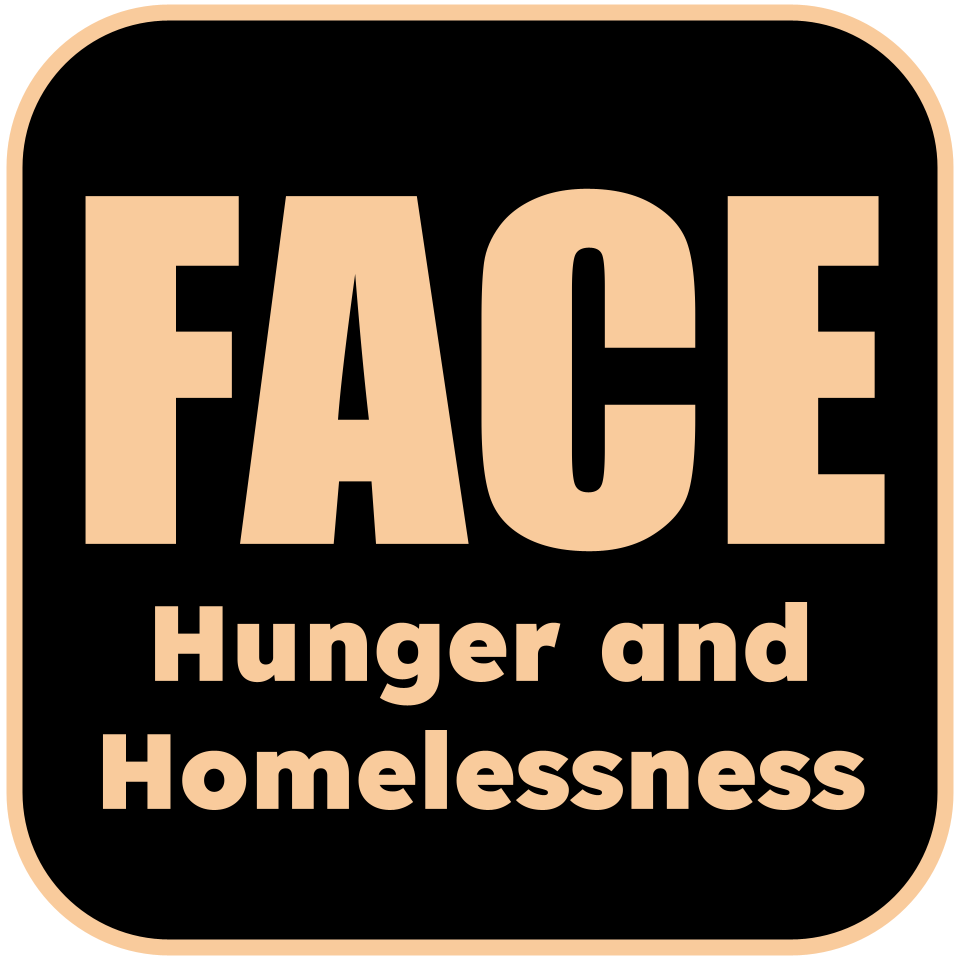This Wednesday, April 13, 2022, at 1:00 PM on Zoom the Coalition of Religious Communities will be hosting a conversation about how to move forward on efforts to eliminate the sales tax on food in Utah. We are grateful that Senator Derek Kitchen, Alex Cragun from Utahns Against Hunger and Matthew Weinstein from Voices for Utah Children have all agreed to come and add their expertise to this conversation.
During the 2022 session of the Utah Legislature two bill were filed in the House to eliminate the sales tax on food, HB 165, sponsored by Representative Rosemary Lesser, and HB 205, sponsored by Representative Judy Rohner Weeks. Unfortunately both of these bills failed to pass even though rising inflation means an increasing number of families are struggling to buy basic necessities like milk, bread, fruit and vegetables.
A bill eliminating the state portion of the sales tax on food passed in the Utah House of Representatives in 2018. It still appears that the biggest opposition to this kind of legislation is in the Senate and so we are grateful a member of the Senate has agreed to attend out meeting. Senate leadership consistently raised two objections to the bills eliminating the sales tax on food that were proposed this year: 1) the bills would take too much money out of the general fund that is used to pay for crucial services like Medicaid, and 2) the bill do not really repeal the sales tax on food because they leave local sales tax on food in place.
To help respond to those concerns we are developing a list of options for completely eliminating the sales tax on groceries in Utah without hurting the state's ability to meet other obligations. The current version of that list can be found below,
During the 2022 session of the Utah Legislature two bill were filed in the House to eliminate the sales tax on food, HB 165, sponsored by Representative Rosemary Lesser, and HB 205, sponsored by Representative Judy Rohner Weeks. Unfortunately both of these bills failed to pass even though rising inflation means an increasing number of families are struggling to buy basic necessities like milk, bread, fruit and vegetables.
A bill eliminating the state portion of the sales tax on food passed in the Utah House of Representatives in 2018. It still appears that the biggest opposition to this kind of legislation is in the Senate and so we are grateful a member of the Senate has agreed to attend out meeting. Senate leadership consistently raised two objections to the bills eliminating the sales tax on food that were proposed this year: 1) the bills would take too much money out of the general fund that is used to pay for crucial services like Medicaid, and 2) the bill do not really repeal the sales tax on food because they leave local sales tax on food in place.
To help respond to those concerns we are developing a list of options for completely eliminating the sales tax on groceries in Utah without hurting the state's ability to meet other obligations. The current version of that list can be found below,
Options for offsetting revenue lost from a bill that eliminates the sales tax on unprepared food
Options for state budget: Analysis for HB 203 says the fiscal note for completely eliminating the state portion of the sales tax on food, from 1.75 percent to 0.0 percent, would be $170 million in FY 2024.
Options for state budget: Analysis for HB 203 says the fiscal note for completely eliminating the state portion of the sales tax on food, from 1.75 percent to 0.0 percent, would be $170 million in FY 2024.
- Remove the sales tax on unprepared food from earmarked restricted funds: $47.6 million of the FY 2024 fiscal note for HB 203 was earmarked from the restricted funds.
- Narrow the statutory definition of "unprepared food by removing candy, nutritional supplements, soda and bottled water: The fiscal note for HB 165 was $11 million lower than the fiscal note for HB 203 because it removed candy from the definition of unprepared food.
- Increase the tax on non-food items: A 2018 bill was able to completely offset the cost of eliminating the state portion of the sales tax on food by increasing the sales tax on non-food items by 0.22 percent. If the analysis from 2018 is still accurate than 25 percent of the tot
- Narrow the statutory definition of "unprepared food" by removing candy, nutritional supplements, soda and bottled water: The fiscal note for HB 165 estimates that removing "candy" from definition would lead to $2,6 million in new revenue for local government when candy items are taxed at the same rate as nonfood items.
- Increase the restaurant tax: In FY 2021 restaurant tax generated $57.3 million in revenue.
- Increase the transient room tax: In FY 2021 the municipal transient room tax generated about $14 million in revenue and the county transient room tax generated $66.3 million.
- Increase the tax on nonfood items.







